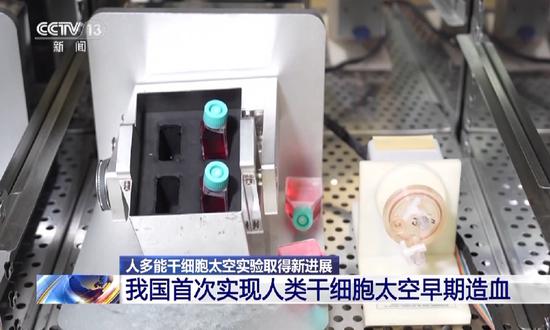
Following the successful launch and docking of the Tianzhou-6 spacecraft, the Shenzhou-15 taikonauts have assisted the scientific team in carrying out six to 15 days of cell culture experiments in orbit. Among them is the first international research on human pluripotent stem cells in vitro hematopoietic differentiation of human embryonic stem cells under space conditions.
In 2017, the research team used the Tianzhou-1 cargo spacecraft to conduct research on the proliferation and differentiation of embryonic stem cells on a mouse. The results showed that the space microgravity environment provided favorable conditions for the 3D growth and maintenance of stemness of mouse embryonic stem cells, and stem cells cultured in space showed a better 3D growth mode than on the ground and maintained a higher level of pluripotent gene expression.
In recent years, foreign scientists have also reported several times on research regarding stem cell growth and tissue regeneration carried out during space flight missions, such as blood stem cells for astronauts with anemia.
Experts said that the unique space microgravity environment may be a new way to maintain undifferentiated proliferation of stem cells, enhance the efficiency of induced differentiation, and improve the level of three-dimensional tissue construction. This can provide more beneficial assistance for the future use of stem cell regeneration to serve human health.
In an interview with CCTV News, Lei Xiaohua, a researcher at the Institute of Biomedicine and Technology of Chinese Academy of Sciences, stated that the taikonauts aboard the Shenzhou-15 have successfully differentiated a hematopoietic stem cell similar to a cobblestone in orbit.
This stem cell will further mature and differentiate to form a group of hematopoietic stem cells resembling a cluster of grapes. From the experimental results, China has successfully achieved the first hematopoietic differentiation of human embryonic stem cells under space conditions, accomplishing its first experimental goal.
Lei said that in the next phase, the research team needs to conduct comprehensive detection and analysis of this group of hematopoietic stem cells, and screen out the relevant genes affecting the early hematopoiesis differentiation of human pluripotent stem cells in the space environment by comparing with the ground control group. The research team will also continue to conduct research on the three-dimensional growth of induced pluripotent stem cells in the space environment, taking the opportunity presented by the Tianzhou-7 or Tianzhou-8 cargo spacecraft.
Currently, multiple scientific experiment cabinets for various scientific research fields have been deployed in the three cabins of the Chinese Space Station, supporting the space station to carry out larger-scale space research experiments and new technology tests. The Chinese Space Station’s scientific experiment cabinet has basically been debugged, and various space experiments are unfolding orderly, according to the Chinese Academy of Sciences Space Application Center, which is responsible for in-orbit experiments of the space station.








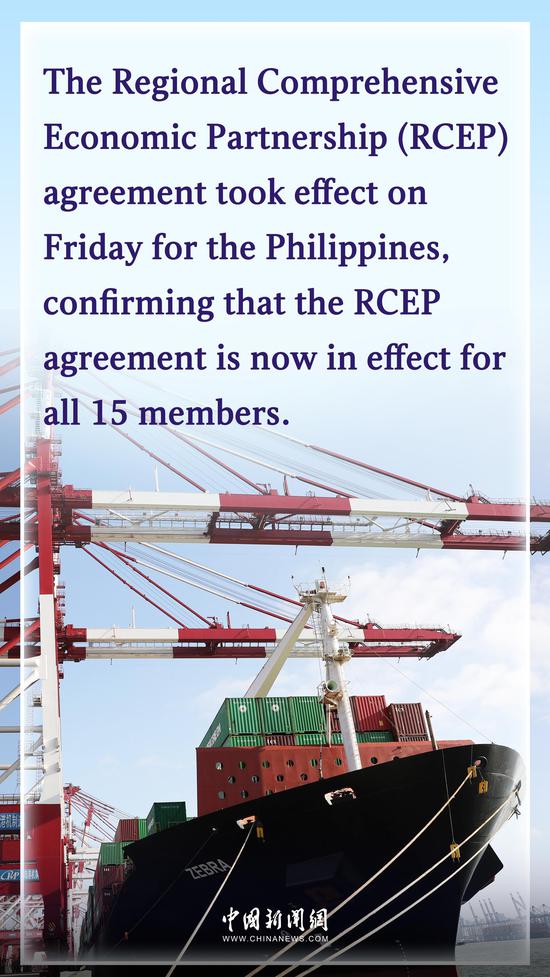

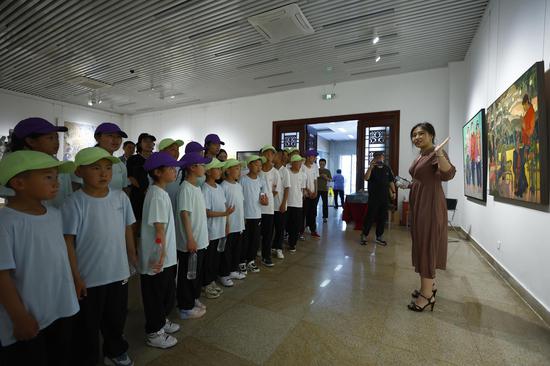


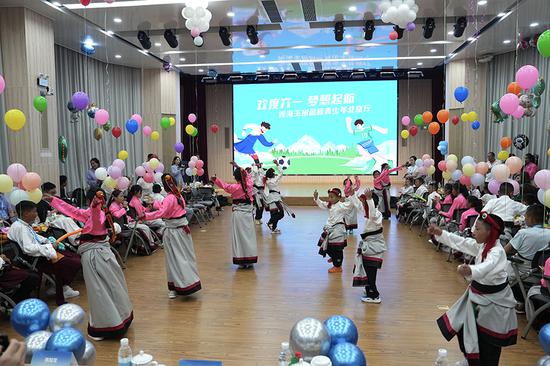

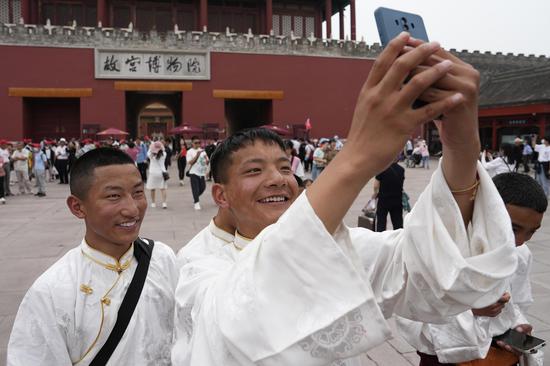
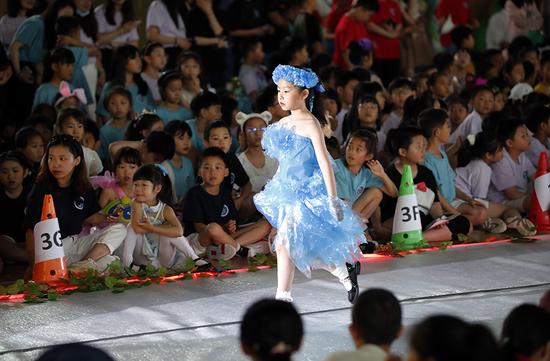
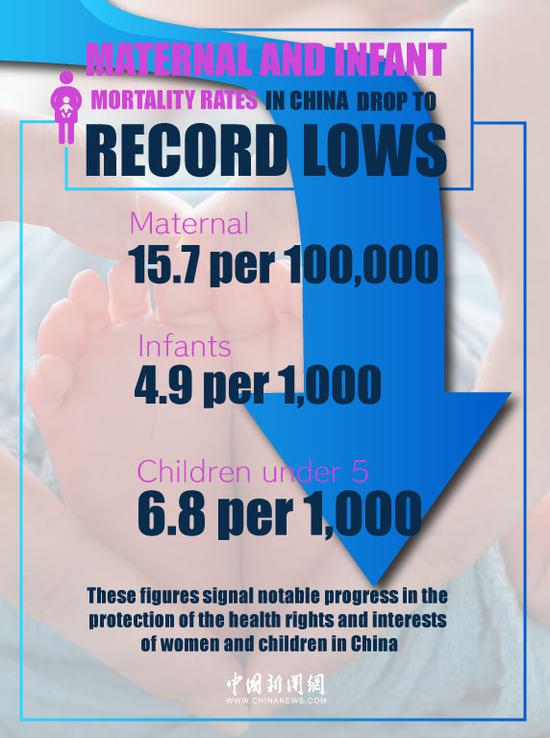

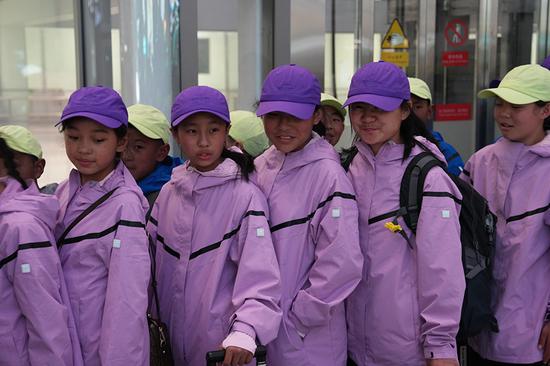

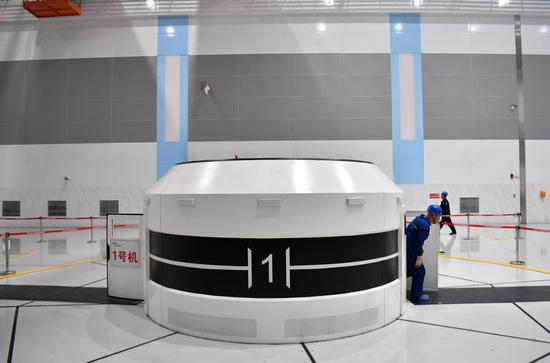

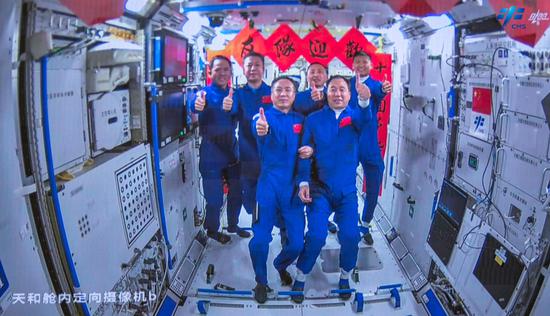
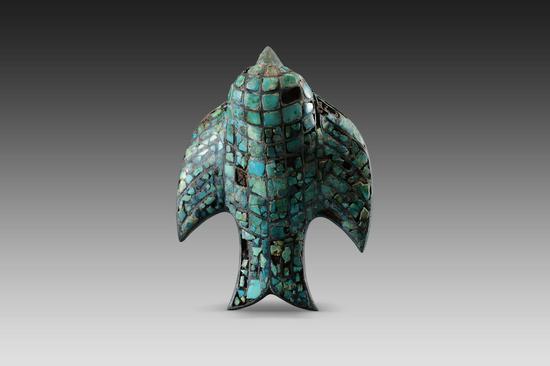
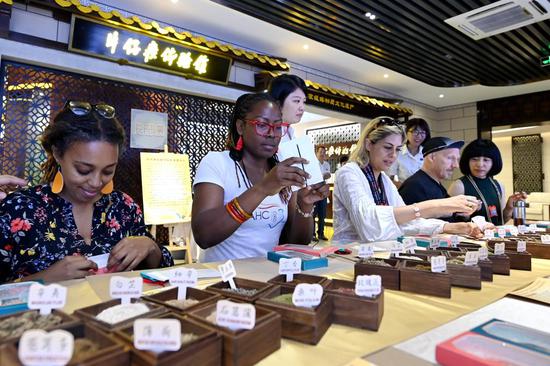
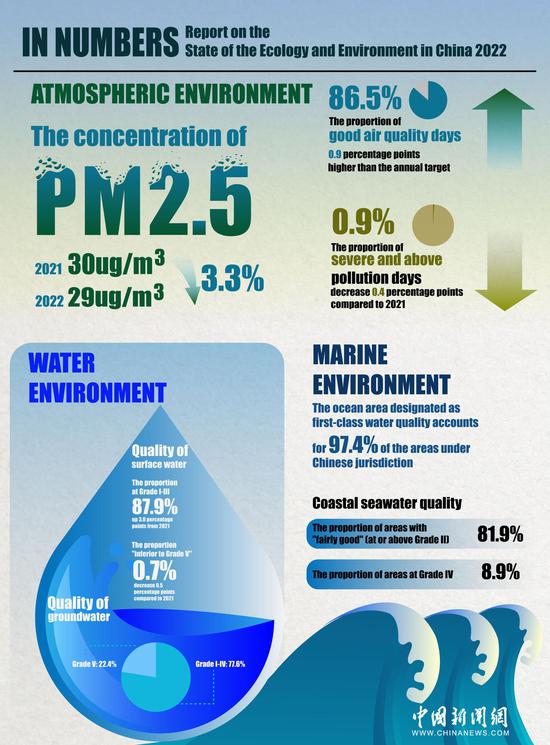
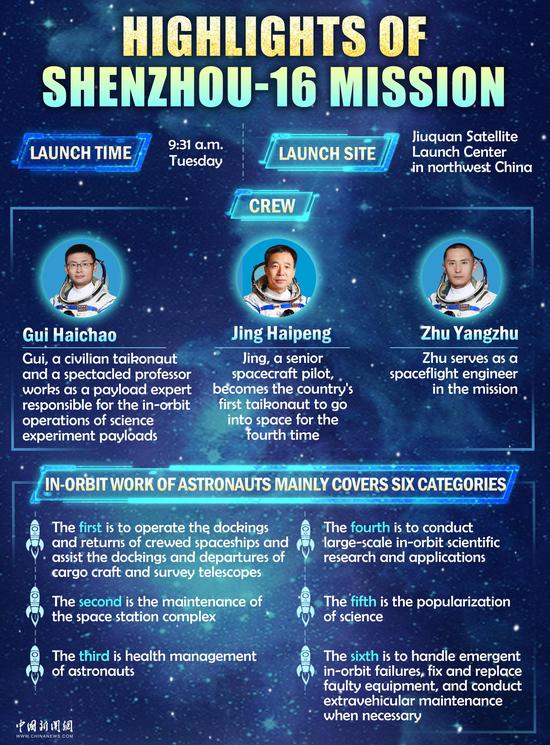

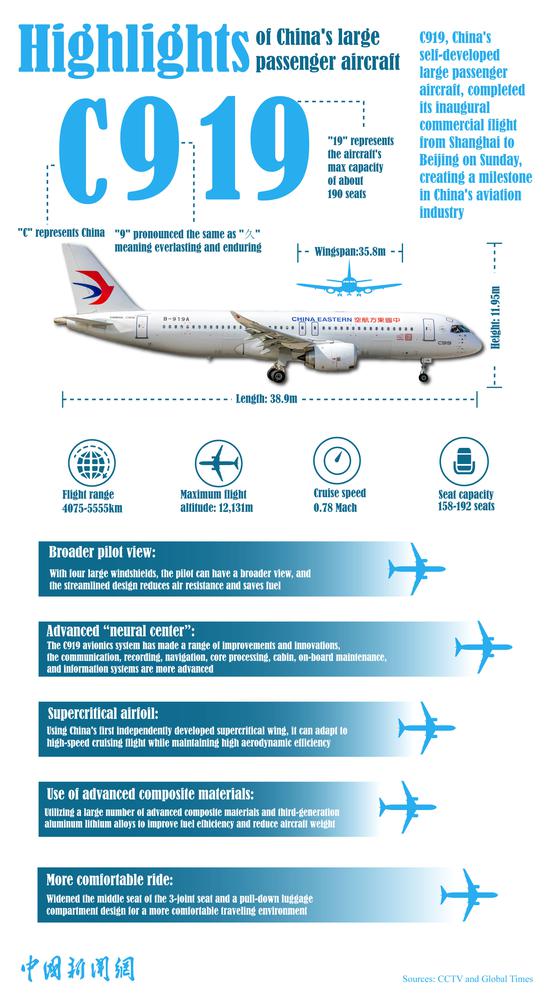


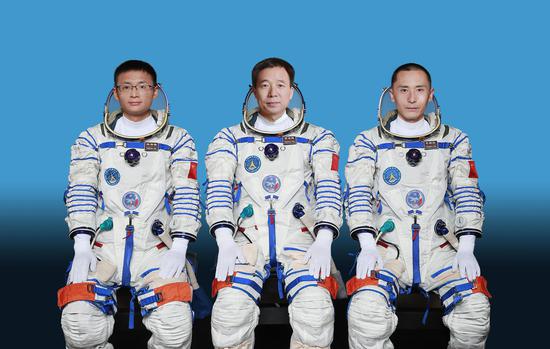
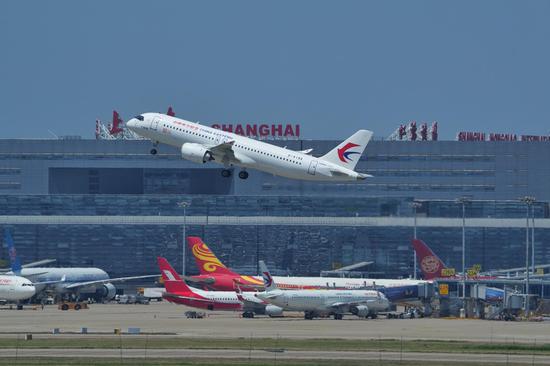
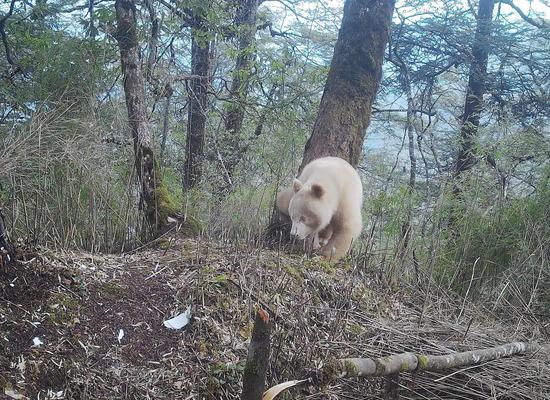
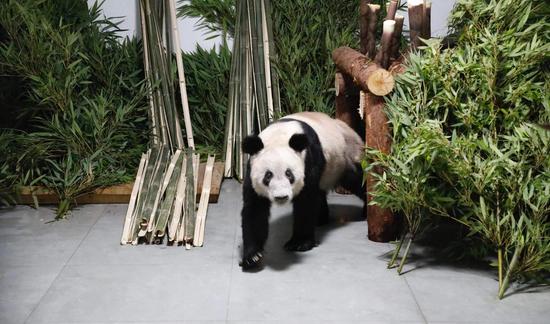
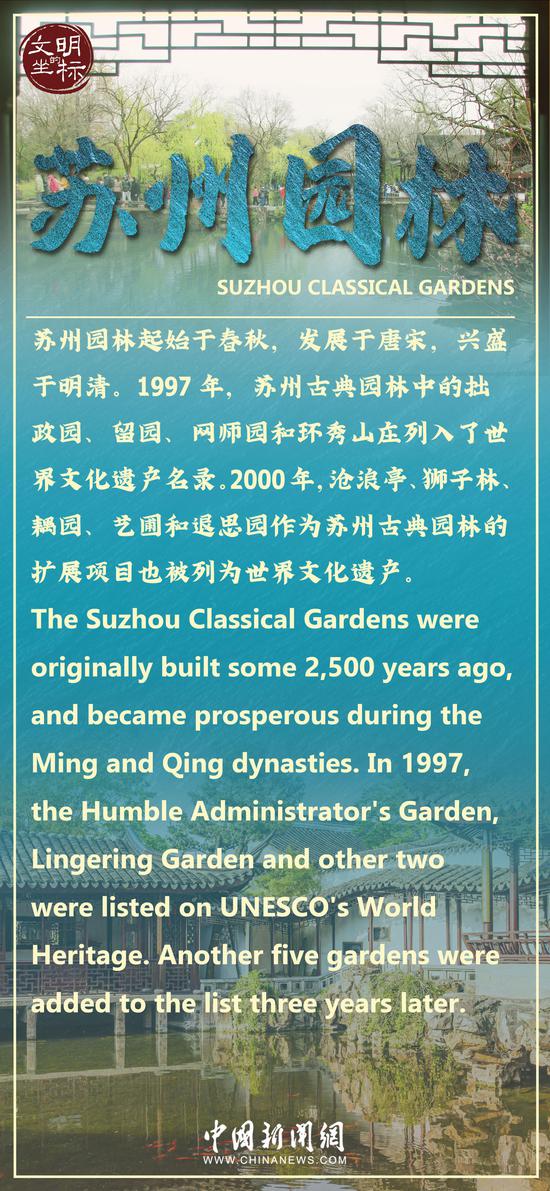
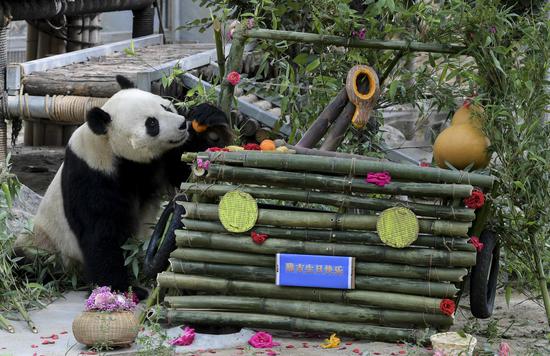

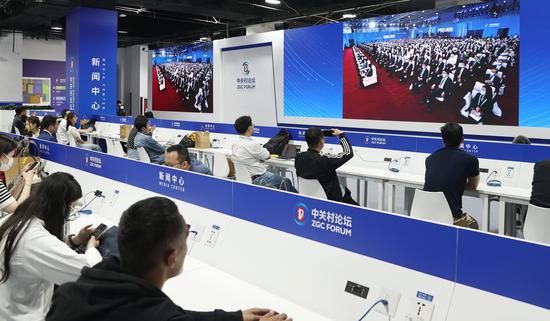
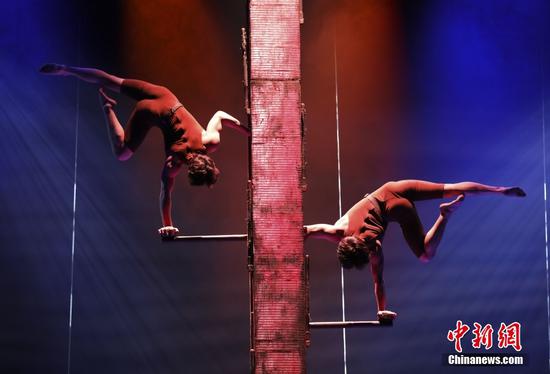

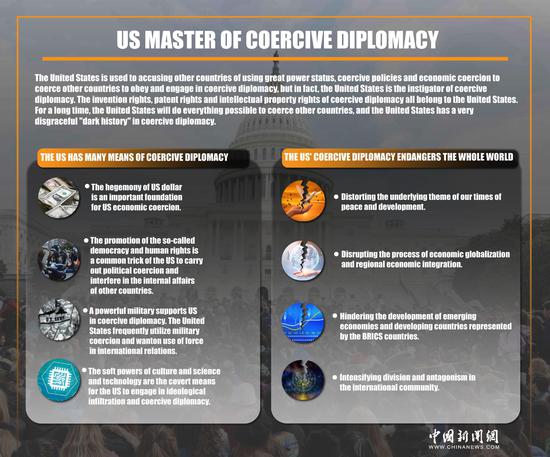
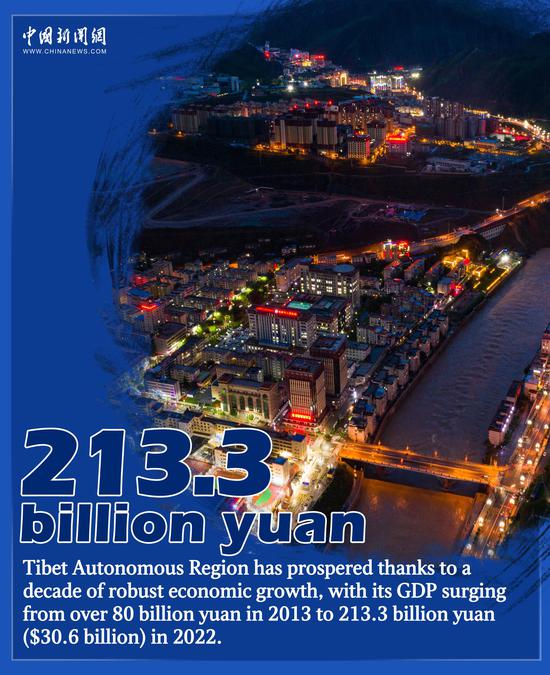
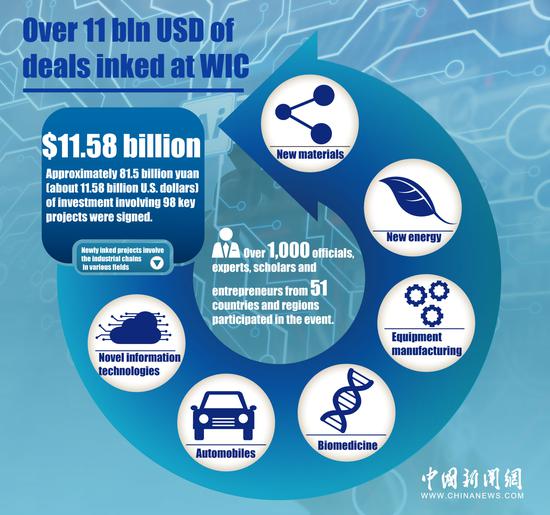





 京公网安备 11010202009201号
京公网安备 11010202009201号